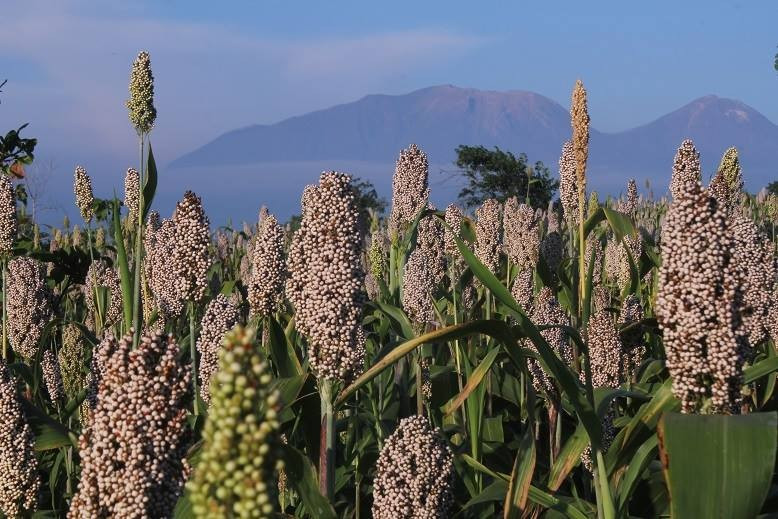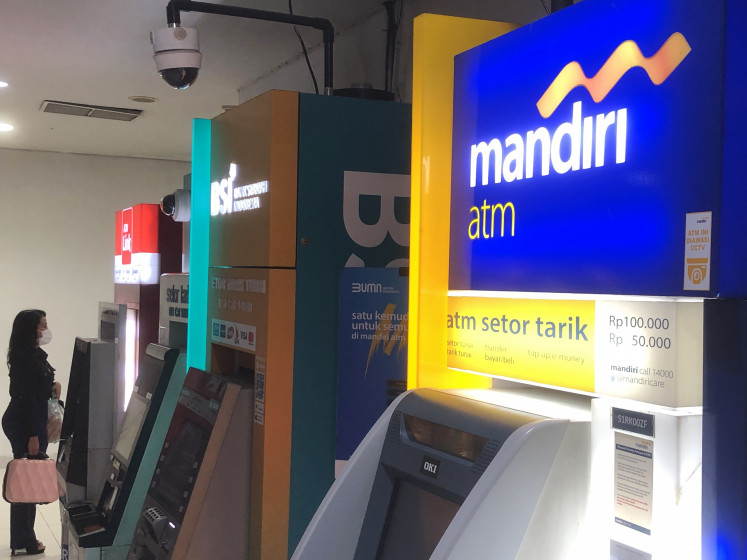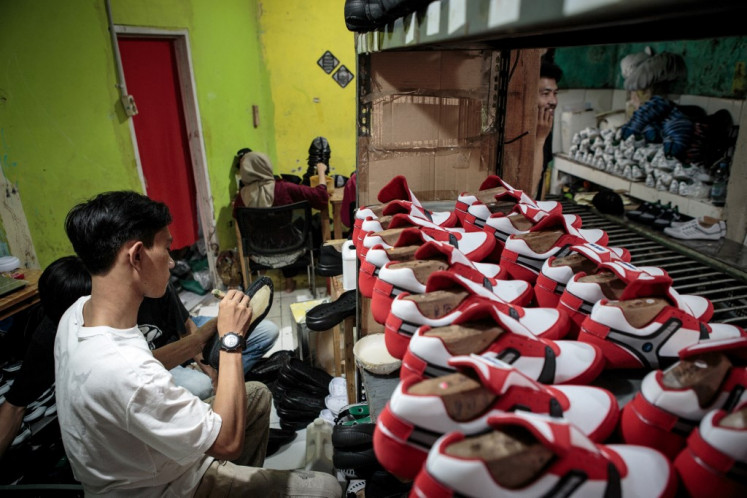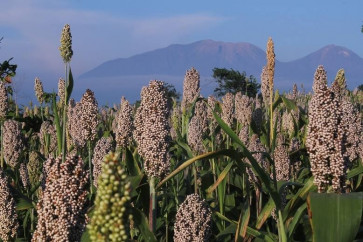Popular Reads
Top Results
Can't find what you're looking for?
View all search resultsPopular Reads
Top Results
Can't find what you're looking for?
View all search resultsAnalysis: Govt to develop sorghum amid global wheat scarcity
The global wheat supply chain disruption induced by the Russia-Ukraine conflict has highlighted Indonesia’s dependence on wheat imports.
Change text size
Gift Premium Articles
to Anyone
T
he global wheat supply chain disruption induced by the Russia-Ukraine conflict has highlighted Indonesia’s dependence on wheat imports. To solve this, the government is developing sorghum expecting it could substitute wheat as the main ingredient of instant noodles and other important food products.
In a limited meeting last month, President Joko “Jokowi” Widodo instructed his Cabinet to develop sorghum as a substitute for wheat. The policy decision has been taken as a move to achieve food security amid the disruption of wheat shipments from Ukraine, which has been exacerbated by trade limitations and bans imposed by wheat-exporting countries to secure their own food supply. For Indonesia, wheat is essential as it is the main ingredient for important food alternatives to rice, such as instant noodles.
According to Presidential Chief of Staff Moeldoko, this year sorghum will be developed in an area of 15,000 hectares across West Nusa Tenggara, East Nusa Tenggara, West Java, East Java and Lampung. Then, the government aims to open another 115,000 ha of land for sorghum cultivation in 2023 and 154,000 ha more in 2024.
Currently, the pilot project for sorghum cultivation is being carried out in Waingapu, East Nusa Tenggara. Sorghum production is estimated to reach 3 to 4 tonnes per ha in the area. Meanwhile, in Java, the productivity is estimated to reach 4 to 5 tonnes per ha. With the sorghum development, the government expects to reduce wheat imports by 11 million tonnes.
The Agriculture Ministry estimates that 60 percent substitution of wheat flour to sorghum flour in biscuits and cookies can reduce wheat imports by 6.1 million tonnes, 25 percent substitution in cake products could reduce wheat imports by 2.5 million tonnes, and 35 percent substitution in noodles can reduce imports of wheat up to 3.5 million tonnes.
However, to realize that number, the government must ensure that the food-processing industry is ready to absorb sorghum and make that change. Agriculture Minister Syahrul Yasin Limpo said President Jokowi had agreed to make sorghum purchases a requirement to import wheat. With that, sorghum farmers are guaranteed offtakers.
PT Indofood Sukses Makmur director Fransiscus Welirang said his side was ready to support the government in developing sorghum to substitute wheat in the production of its globally famous Indomie. Several brands of instant noodles that market themselves as healthier options have been around for the past few years, yet they have never come close to capturing the market as much as Indomie does.



















